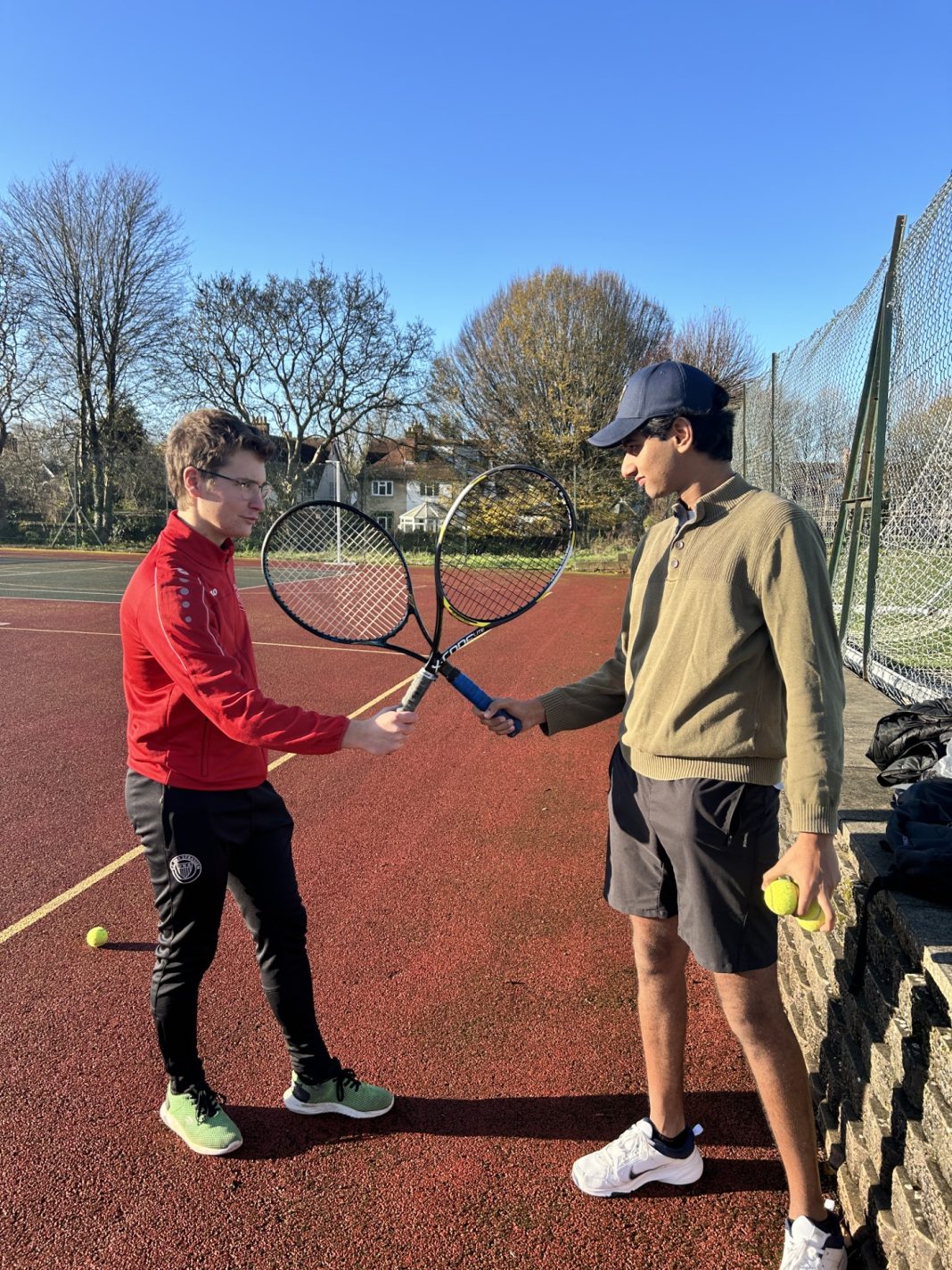I used to hate sports. My memories of doing sport when I was younger consisted of running out of breath, taking footballs to the groin, and classmates throwing one another across the pitch. It coloured in my mind a very dim view of what sport was like, where it seemed that all one gained from it was pain. And yet, here I am, going out in single-degree weather to our college tennis courts to practice my serve. I go with friends late at night to play badminton for hours straight. This youthful version of me, dear reader, would not contemplate such effort.
Much has changed, and here I will reflect on that, collating my own experience with others who have also started up a new sporting life at university. One change that’s significant yet quite clear is the improvement to physical health. Much of Oxford life is sedentary: sitting in a tutorial, sitting before your desk, sitting in hall – it’s easy, at least for me, to prefer the comfort of sitting down in a warm library over going out into the cold to run about in a field or on a ground. Starting up a new sport keeps such laziness at check, and gets me out of endless hours of being in libraries or in my room working!
I came to cherish weekly badminton sessions with my college badminton club (up St. John’s!) and saw it as an opportunity to move around and compete where I would otherwise not be doing anything of the sort in my Oxford life. I asked one of my friends who, this term, has just picked badminton up (and has improved very quickly through this term, may I add!) and the improvement to his physical health is the first thing he mentioned. Since starting badminton he has not gotten sick this term, something which is quite a feat for Michaelmas. I am not a doctor, but certainly, the benefits from moving to an entirely sedentary life to one which at least once a week involves some intense badminton has certainly helped manage my asthma and other ailments which I have to deal with throughout the terms.
Another way sport has changed my life is in forming and providing community. Another friend, Neo, who was our captain last year, also took up badminton at university. He emphasised the role of community in taking up a new sport, conducting socials, making friends, and finding a set of intercollegiate rivals and competitors all in the same boat. I still remember our socials from first year, playing frisbee in the gardens at night and then jumping the fence to escape said possibly locked gardens. It’s these experiences and these people that one will cherish when you leave Oxford. I’ve met such great people at both tennis and badminton, and the friendships that I’ve already made are further strengthened in the heat of rivalry and competition.
I can still remember when our own good Deputy Editor, Raghav, threw his racket after I had subtly pipped the shuttle over the net. I had already assumed the point won and, yet, as if Alex Bublik’s spirit had entered him, the racket hit its mark perfectly and the shuttle shot over the net causing my pair to lose the point. It’s these rivalries, these points, these matches that last. They bring you together and help you not just to get better at the sport, but also helps you become better friends as you stare each other down from the other side of the court. They strengthen friendships, help you make new ones from all across the university.
“Do tennis players know if they hit the ball a little gentler, their friend could hit it back and they could play a little longer…”, said a wise woman on X, formerly Twitter. She was right: these days, I feel that there are rallies which you wish would never end. And I am still very new to this! One moves from never thinking they could even hit a ball to never wanting a rally to end. From never breaking a sweat to sweating in the dead of winter from running on the court or on the pitch. There is a newfound confidence found here, found in health and found in others.
From being in a state of despair and conceit when confronted with physical competition to engaging with it and finding something rewarding, healing and meaningful – this is what I think it means to become sporty. To find these benefits and just get hooked onto it, to try to get better, learn from your mistakes and deepen your relationship and self-image. What has changed is that due to sport, the relationship with oneself improves also – self-image improves, is tested by competition and learns to deal with failure. One learns to move towards self-improvement and betterment.
I love sports.


